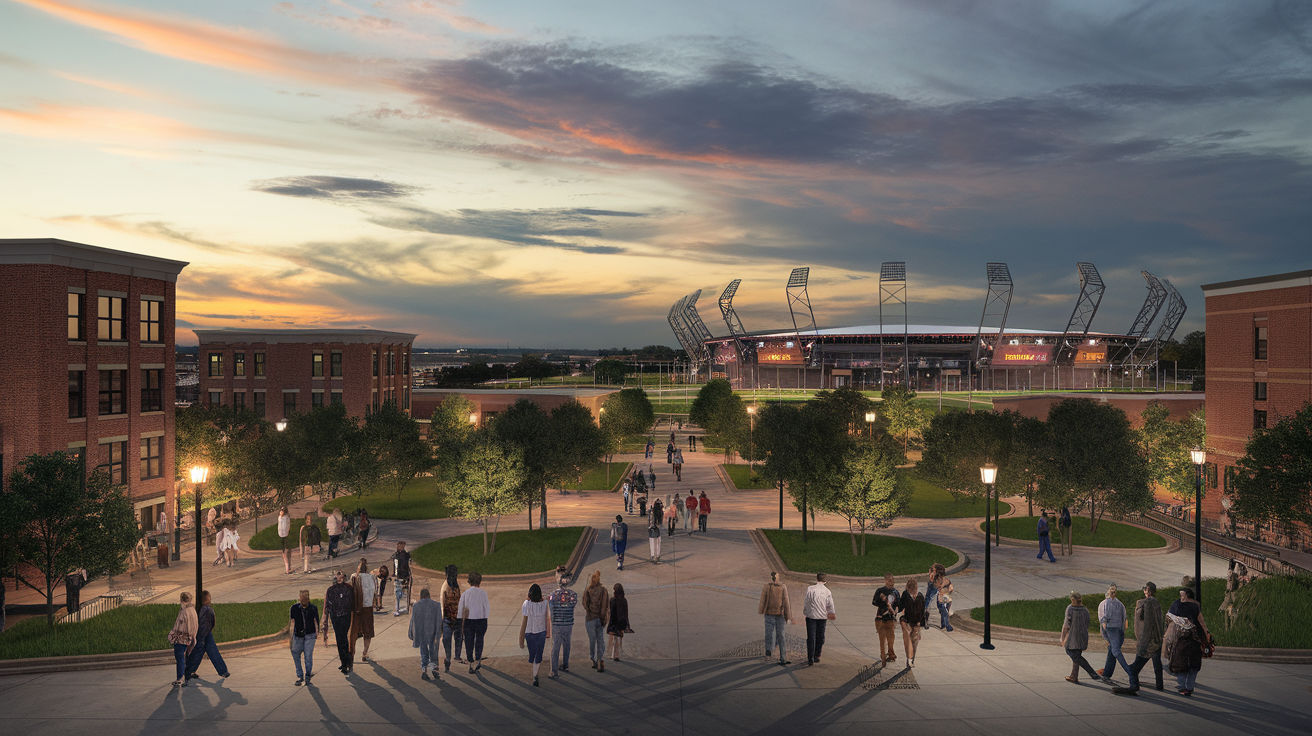"Inside Arlington's Safety Spotlight: Ranking High but Facing Hidden Tensions"
Arlington Shoutouts™
Archives
"Inside Arlington's Safety Spotlight: Ranking High but Facing Hidden Tensions"
SIGN UP FOR OUR NEWSLETTER
|
|

Janice “Jan” Holloway
Sep 4, 2025
In the bustling heart of Texas, where cities compete for families and businesses, a new study from SmartAsset has put Arlington in the spotlight.
This city of over 400,000 people ranked seventh among the 50 most populous U.S. cities for safety, beating out neighbors like Fort Worth.
The 2023 SmartAsset report looked at big factors like violent crime, property crime, car crash deaths, drug-related deaths, and heavy drinking rates. Arlington scored well, with low numbers in these areas, making it a standout in a state where safety concerns often make headlines.
But zoom out, and the picture gets more complicated. While Arlington shines, nearby San Antonio landed in the bottom half of the list, dragged down by higher crime and health risks. Other Texas spots like Fort Worth, El Paso, and even smaller ones did better, landing in the top 10.
SmartAsset's data, pulled from FBI reports and health stats, shows Arlington with fewer violent crimes per person and safer roads compared to many big cities. It's no wonder families are drawn here, the city boasts parks, sports venues like AT&T Stadium, and a growing economy that promises a good life.
Local leaders, like those in Arlington's city hall, are cheering the news. They say smart policing and community programs have cut crime and kept streets safe. Residents like Maria Gonzalez, a mom of two, told reporters she feels secure walking her kids to school.
Yet, not everyone's buying it. Critics point out that these rankings might overlook deeper issues, like how crime stats are reported or economic gaps that fuel problems in certain neighborhoods.
As a writer who's dug into urban safety trends for years, relying on trusted sources like the San Antonio Express-News and SmartAsset's detailed studies, I know these reports can be double-edged swords.
Experts from groups like the Urban Institute note that safety metrics often tie to funding and policies, but they don't always capture everyday fears or inequalities.
This brings up a fiery question that's dividing folks: Do city safety rankings fairly show a place's true security, or do they hide biases in how data is collected, letting some areas look better while ignoring root causes like poverty and policing?
On one side, boosters say high ranks prove good leadership and attract growth. On the other, skeptics argue they mask problems, like underreported crimes in minority areas or political spins that ignore social divides.
In Arlington, as celebrations mix with whispers of doubt, the debate rages on. Will this ranking boost the city, or spark calls for a closer look? Only time—and more data—will tell. |
